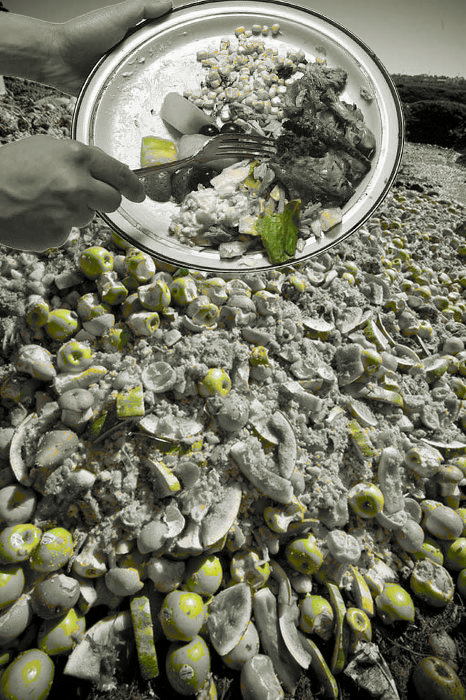Bins fed well in Australian food-waste binge

New figures show the equivalent of two in every five bags of groceries - about 2.7 million tonnes of food - are going straight into household bins each year.
But the results of a recent research project say there is hope for the legions of lost lunches.
Researchers from RMIT's Centre for Design and Society says planning meals is crucial to reducing household food waste, regardless of socio-economic status.
The Districts, Lifestyles and Avoiding Food Waste study mapped the week-long cycle of household food waste in a range of households.
It is estimated about 50 per cent of household waste in council garbage bins is food that has been thrown out, with fresh fruit, vegetables, pre-prepared meals, bread and cereals the most common items thrown out each week.
By looking at how households buy, store, prepare and dispose of food, lead researcher Associate Professor Karli Verghese and her team found poor planning was the main reason food was binned.
“Understanding food waste is more about shifting the everyday practices of buying, cooking and storing food that generate waste and less about what is being put in the bin,” Associate Professor Verghese said.
Buying more food than needed, poor storage, spoiled food, expired use-by dates and forgotten leftovers were other reasons food was thrown out.
The research team looked at economic, environmental and social factors, investigating lifestyle and consumption patterns such as planning and buying habits and the way participants took stock of the fridge.
A food audit then showed what was wasted during the week.
Giving participants the opportunity to record their daily activities, practices and actions resulted in many households becoming more aware of their actions, Associate Professor Verghese said.
One of the metropolitan councils that commissioned the study is now developing a self-awareness kit for residents to help them understand and monitor and reduce their food waste.








 Print
Print